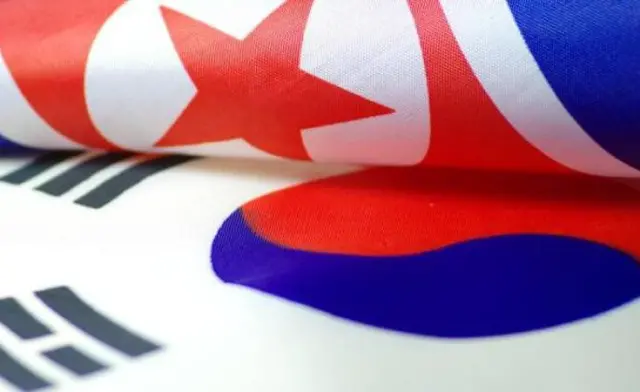The Turkish government has accused Angela Merkel and Martin Schulz of practising the politics of populism and exclusion after the German election frontrunners agreed that the EU should break off negotiations over future Turkish membership.
In a televised debate on Sunday evening, the German chancellor said she did not believe Turkey should become a member of the EU, and that she would take up with her EU partners the issue of ending accession talks with Ankara.
Schulz, her Social Democrat rival in elections on 24 September, said if he became the next chancellor, he would be much more candid than Merkel in his criticism of Turkey’s contravention of human rights under the Turkish president, Recep Tayyip Erdoğan.
Turkey, he said, had “crossed all the red lines” and therefore it could no longer become a member of the EU. He added that as German chancellor he would break off EU accession talks with Ankara.
İbrahim Kalın, a spokesman for Erdoğa, said Merkel and Schulz had focused on Turkey in their television encounter – which was watched by between a third and a half of German voters – to divert attention from more pressing problems.
“It is not a coincidence that our president, Erdoğan, was a main topic of the debate,” Kalın tweeted, criticising German politicians’ “indulgence in populism”.
He continued: “Germany and Europe’s attacks on Turkey/Erdoğan, in ignoring necessary and pressing problems, are reflections of the narrowing of their horizons.
“We hope the problematic atmosphere that made Turkish-German relations the victim of this narrow political horizon will end.”
Merkel’s stance was more reserved than Schulz’s, largely because of her dependence on Ankara abiding by a deal to keep hundreds of thousands of migrants inside Turkey’s borders in return for financial aid, visa-free travel for Turks in Europe as well as the promise of faster EU membership talks.
But she announced her readiness to increase financial pressure on Turkey by freezing millions of euros in accession aid if Turkey refused to release several Germans being held in jail for political reasons.
The detentions, including of an aid worker and a journalist, have marked the lowest point in fraught relations between Germany as well as other EU states and Turkey, which have worsened this year.
Other issues of contention include the ban on allowing Turkish politicians to hold campaign rallies in EU countries before a crucial referendum in April, as well as criticism over the powers granted to Erdoğan after the controversial vote and the arrests of more than 50,000 people and suspension or sacking of 150,000 others after a failed military coup in July 2016.
Tension has also soared over restrictions placed by Turkey on German MPs wanting to visit German troops at the Incirlik airbase in southern Turkey, which led Berlin to announce that the base would be moved.
Schulz said it was unacceptable that “no German can safely travel to Turkey anymore”.
Responding to the German chancellor’s remarks, the European commission referred to a speech made by its president, Jean-Claude Juncker, last week, where he said Turkey was taking “giant strides away from Europe”, because the Turkish government was “making it impossible for Turkey to join the European Union.”
The commission, which runs EU enlargement, has not wanted Europe to take the blame for ending the moribund negotiations with Turkey. Juncker said in his speech he believed Erdoğan wanted Europe to make the first move “so he could load the responsibility on the European Union alone and not on Turkey.”
Marc Pierini, a former EU ambassador to Turkey, said the country was “more and more acting as a rogue partner”.
The EU was reluctant to signal the end of talks for fear of giving ammunition to Erdoğan, he said. “The Turkish president needs a new enemy every day therefore it was decided [by the EU] that it was up to Turkey to decide. But now what you have is a situation of gross interference of Turkey in the domestic politics of some EU member states and that of course is impossible to tolerate.”
Erdoğan last month called on Turkish nationals in Germany not to vote for Merkel’s CDU, Martin Schulz’s SPD or the Greens in upcoming elections, naming these parties as “enemies of Turkey”.
Kalın said it was telling that neither Merkel nor Schulz had mentioned the issue of rising xenophobia towards Turks. He added that Germany was “giving refuge to terrorists” by granting asylum to some of those who had been affected by the putsch, including, reportedly, several hundred members of the military.
Germany, he said, was not defending democracy, as it claimed, but “terrorists and putschists”.
In one of his nine tweets commenting on last night’s TV debate, Kalın said: “Whatever party wins the election in Germany clearly has little significance, because now it’s clear which mindset will win.”
(GUARDIAN)
 简体中文
简体中文

